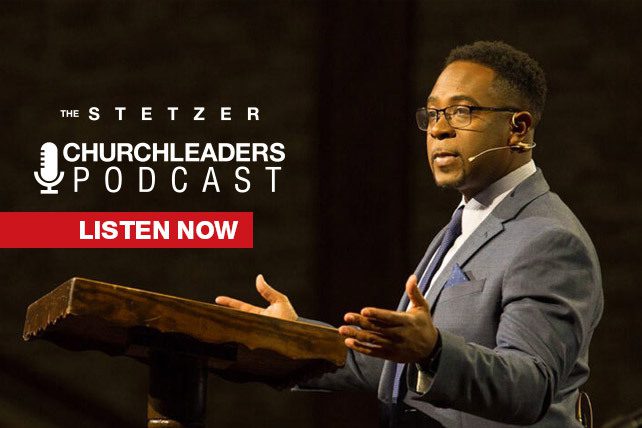Dr. Jemar Tisby is a New York Times bestselling author, national speaker, and public historian on a mission to deliver truths from the Black experience with depth and clarity. He is the author of several books, including “The Color of Compromise: The Truth about the American Church’s Complicity in Racism” and “How to Fight Racism: Courageous Christianity and the Journey Toward Racial Justice.”
Other Ways to Listen to This Podcast With Jemar Tisby
► Listen on Apple
► Listen on Spotify
► Listen on Stitcher
► Listen on YouTube
Key Questions for Jemar Tisby
-Tell us what happened with Grove City College. Are you a critical race theorist?
-How have your views, especially on evangelicalism, changed over the years?
-Do you think people take critiques of systemic racism too far, and if so, when?
-Speak to white evangelical pastors who are unsure how to lead in these areas. What would you exhort them to do?
Key Quotes From Jemar Tisby
“When I speak at Christian colleges and universities, even at Wheaton, there was some conversation. Never has it risen to this level of an institutional response [that it has at Grove City College].”
“I was waving the banner for Reformed, white evangelicalism in the early 2010s…At that point, I really and truly believed that we could, as Black Christians, have a place at the table, by which I mean the reformed and white evangelical institutional table.”
“What I came to understand through a series of events from the murder of Trayvon Martin to the rise of Black Lives Matter to the election of Donald Trump, was the table was never built with Black people in mind, really. Even if there wasn’t overt animosity, it really just wasn’t built with us in mind.”
“A lot of times with folks who talk about justice issues, particularly around race, there are these tests and checks that we send people through to say, ‘Well, do they check all the same theological boxes that I do? Therefore, I should listen to them, or if they don’t, I can dismiss them.’”
“I have learned much, much more about the Black church tradition and historic Black Christianity. And I take a lot of my cues from it. This was not an education that I really received in majority white Christian spaces, whether churches or seminaries or books or anything else. So it’s a learning that I had to undertake on my own.”
“I’m not the only one who feels distanced, in some sense, pushed out of white evangelicalism. There are a lot of people across the color line who feel that way. And oftentimes, the difference is not some deep theological issue that you would read about in a systematic theology textbook. It’s because we have felt some sort of exclusion or marginalization for reasons that shouldn’t be so in the body of Christ.”

